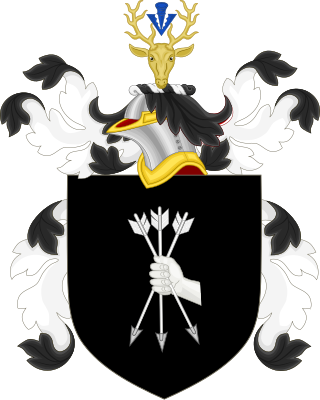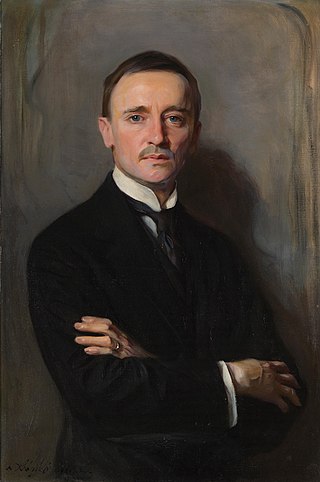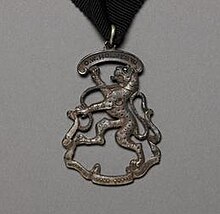
The Trilateral Commission is a nongovernmental international organization aimed at fostering closer cooperation between Japan, Western Europe and North America. It was founded in July 1973 principally by American banker and philanthropist David Rockefeller, an internationalist who sought to address the challenges posed by the growing economic and political interdependence between the U.S. and its allies in North America, Western Europe, and Japan.

Harvard College is the undergraduate college of Harvard University, a private Ivy League research university in Cambridge, Massachusetts, United States. Part of the Faculty of Arts and Sciences, Harvard College is Harvard University's traditional undergraduate program, offering AB and SB degrees. It is highly selective, with fewer than four percent of applicants being offered admission as of 2022.

The Boston Brahmins or Boston elite are members of Boston's traditional upper class. They are often associated with a cultivated New England or Mid-Atlantic dialect and accent, Harvard University, Anglicanism, and traditional British American customs and clothing. Descendants of the earliest English colonists are typically considered to be the most representative of the Boston Brahmins. They are considered White Anglo-Saxon Protestants (WASPs).

The Lowell family is one of the Boston Brahmin families of New England, known for both intellectual and commercial achievements.

The Cabot family is one of the Boston Brahmin families, also known as the "first families of Boston".

The Signet Society of Harvard University was founded in 1870 by members of the class of 1871. The first president was Charles Joseph Bonaparte. It was, at first, dedicated to the production of literary work only, going so far as to exclude debate and even theatrical productions. According to The Harvard book
It seemed to the founders that there was room in the College world for another association that should devote itself more exclusively to literary work than is possible with large numbers. Accordingly, they confined the membership to a few, and required that new members shall be, so far as possible, "representative men," and that at least five should be in the first half of their class.

The Noble and Greenough School, commonly known as Nobles, is a coeducational, nonsectarian day and five-day boarding school in Dedham, Massachusetts, a suburb of Boston. It educates 638 boys and girls in grades 7–12. The school's 187-acre (0.76 km2) campus borders the Charles River.
The Porcellian Club is an all-male final club at Harvard University, sometimes called the Porc or the P.C. The year of founding is usually given as 1791, when a group began meeting under the name "the Argonauts", or as 1794, the year of the roast pig dinner at which the club, known first as "the Pig Club" was formally founded. The club's motto, Dum vivimus vivamus is Epicurean. The club emblem is the pig and some members sport golden pigs on watch-chains or neckties bearing pig's-head emblems.

The Knickerbocker Club is a gentlemen's club in New York City that was founded in 1871. It is considered to be the most exclusive club in the United States and one of the most aristocratic gentlemen's clubs in the world.

William Phillips was a career United States diplomat who served twice as an Under Secretary of State. He was also the United States Ambassador to Canada.

Warren Delano Robbins was an American diplomat and first cousin of President Franklin D. Roosevelt. He served as Chief of Protocol of the United States from 1931 to 1933 and as the U.S. Minister to El Salvador and United States Ambassador to Canada from 1933 to 1935.

Buckley School is an independent, K-9 day school for boys located on the Upper East Side of Manhattan, New York City, United States.
Membership in the Council on Foreign Relations comes in two types: Individual and Corporate. Individual memberships are further subdivided into two types: Life Membership and Term Membership, the latter of which is for a single period of five years and is available to those between the ages of 30 and 36 at the time of their application. Only U.S. citizens and permanent residents who have applied for U.S. citizenship are eligible. A candidate for life membership must be nominated in writing by one Council member and seconded by a minimum of three others.

William Richards Castle Jr. was an American educator and diplomat. He rose rapidly to the highest levels of the United States Department of State and took a strong interest in Pacific issues, in part because of his family's background in Hawaii.

The Union Club of Boston, founded in 1863, is one of the oldest gentlemen's clubs in the United States. It is located on Beacon Hill, adjacent to the Massachusetts State House. The clubhouse at No. 7 and No. 8 Park Street was originally the homes of John Amory Lowell (#7), and Abbott Lawrence (#8). The houses were built c.1830-40, and they were remodeled for club use in 1896. The clubhouse overlooks the Boston Common, and has views of the Common itself, Boston's Back Bay neighborhood, and the hills to the west of the city.

The Owl Club is an all-male final club at Harvard University founded in 1896.

The surname Yale is derived from the Welsh word "iâl", meaning fertile ground, which was the name of the lordship of Yale in Wales of the royal house of Mathrafal. The name was later given to the estate of Plas-yn-Iâl by the House of Yale, a cadet branch of Mathrafal through the princes of Powys Fadog and Fitzgeralds of Corsygedol.
















